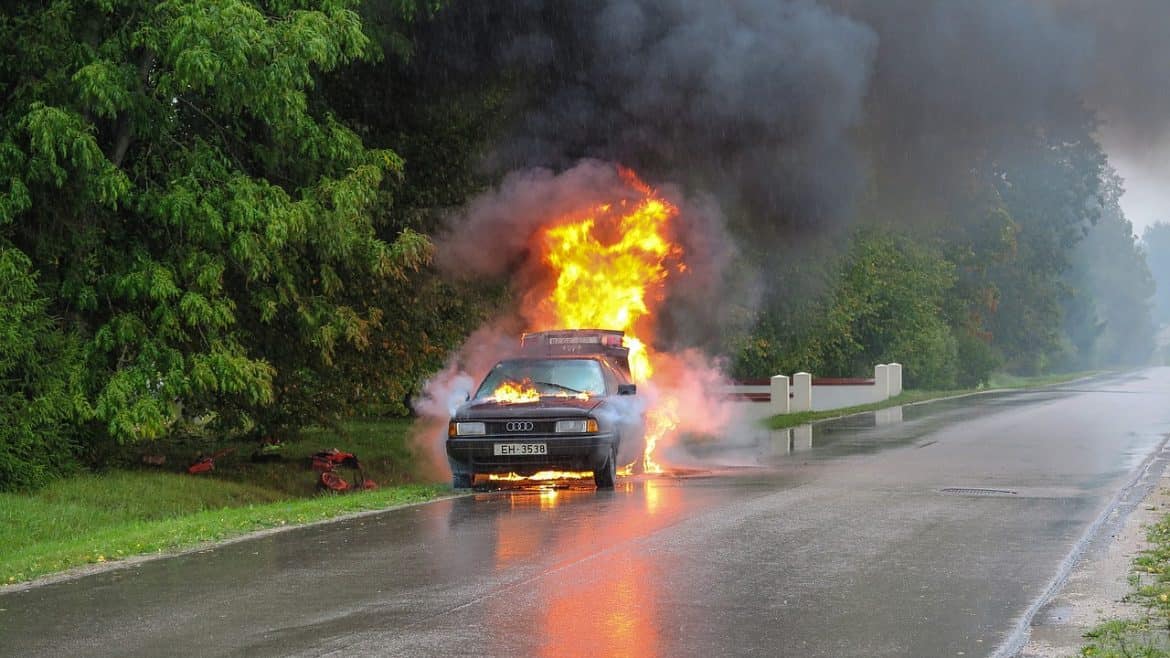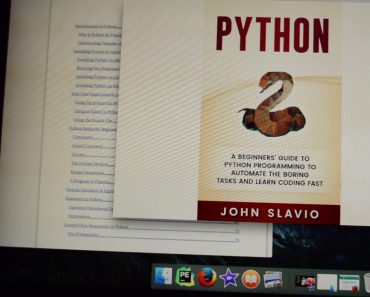You might have seen this list floating around the internet. I don’t know who first created it. Nor do I know when. However, I thought it brought up some interesting points. I took the liberty of reformatting it when I found it skipped items 14 and 15. Additionally, I added a couple to make 100. […]
Category: Information
Why Have a Personal Preparedness Mindset
Personal preparedness means different things depending on who you are and what your situation is. To an inhabitant of the Florida Keys, preparedness means having items to outlast a hurricane. To a city dweller, preparedness might be having a can of mace in her purse. To a survivalist, preparedness might mean having a semi trailer […]
Teach Yourself Python (and Why Preppers Should learn to code Python)
#python Many preppers focus on old skills like bushcraft and homesteading, but don’t forget to realize that we also live in a technology filled world. Having the ability to code can come in handy. Python (from monty python) is a first programming language for many. It is easy to learn, easy to read, and there […]
Quick and Easy Tips to Make Sure Your Household is Prepared
Preparedness and planning resources have been a main topic of conversation on this site for quite some time. Preparedness is worth investing time into in order to ensure the safety and security for yourself and your family. In addition to taking the necessary steps to prepare a household for emergencies, it’s also important to establish […]
What is the Difference Between a Flare Nut and Combination Wrench
Today we are going to discuss the Difference Between Flare Nut and Combination Wrenches. Most of us, the mechanics especially, are familiar with a combination wrench. Combination wrenches contain a simple box end and an open end. This allows the user to easily tighten and loosen nuts and bolts. Flare nut wrenches are designed […]





